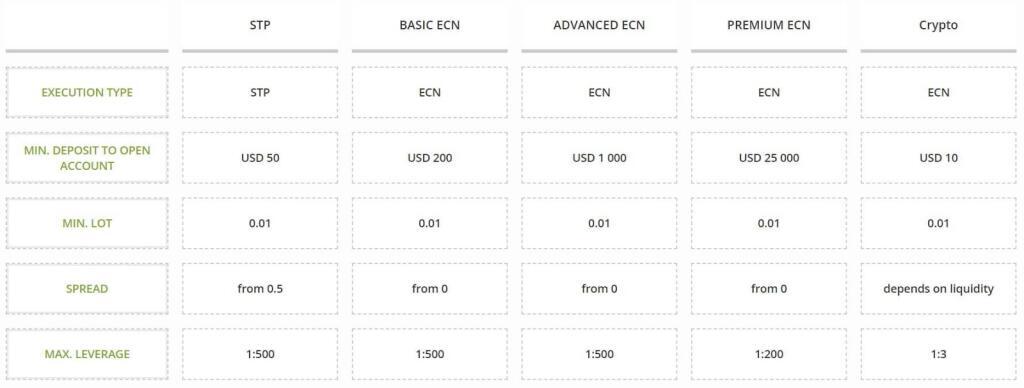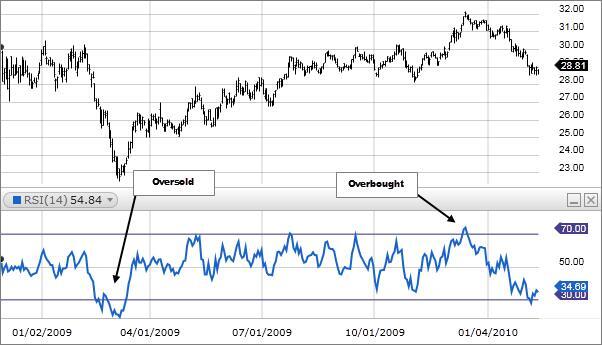
Additionally, market conditions and customer demand can play a role in determining certain assumptions. These factors all work together to form the basis of an organization's decision-making process regarding accounting and finance. It is assumed that reports, records, statements, and financial information will be free of discrimination.

This is possible only when certain principles are followed on a uniform basis while preparing them. If a corporation's stock is publicly traded, its financial statements must adhere to rules established by the U.S. The SEC requires that publicly traded companies in the U.S. regularly file GAAP-compliant financial statements in order to remain publicly listed on the stock exchanges.
Principle of Consistency
The financial statements are prepared under the economic entity assumption, meaning that the business itself (or ‘entity’) is separate from the owners of the business and any other businesses. The entity may only report activities on financial statements that are specifically related to their operations. When preparing their financial information, Felix only includes transactions related to FFF and not any personal transactions like the holiday he took to Japan.
- If persons from the accounting profession, in general, accepts a solution for a particular problem it becomes an accounting principle.
- It can also help companies figure out how to record transactions for which there may not currently be an applicable standard.
- The financial accounting principles are man made and they are used as a guide to action.
- Accounting principles set the rules for reporting financial information, so all companies can be compared uniformly.
- These rules, often called the GAAP framework, maintain consistency in financial reporting from company to company across all industries.
"Climate change is such a paradigm shift that all of us need to rethink these legacy economic assumptions," said NELP's Christman. Thus, if Andrea has incurred the responsibility to pay for the goods, she has clearly increased a liability. In practical terms, this means that consistency helps to achieve comparability. For instance, it should be possible for users to understand how a business has performed in the year by comparing it to the results of the previous year.
What is an example of GAAP?
Knowing why these assumptions are essential is vital to understanding why accountants require in-depth knowledge. If a belief needs to be corrected or updated, it could lead to accurate results and potential legal problems if not corrected before filing financial reports with regulatory bodies. Also, assumptions can be difficult to verify due to a lack of historical data or conflicting information from different sources. Assumption accounting helps investors objectively assess a company's financial performance by providing clear insights into its current position and future outlook. This makes it easier for investors to decide whether they would like to invest in a particular company or not, as they will have access to comprehensive data which can be used to evaluate potential returns on investment.

Accounting assumptions are the foundation for implementing Generally Accepted Accounting Principles (GAAP). For instance, companies typically use a standard cost method, including direct materials, labor and overhead. All these costs must match their relevant revenue before the overall cost of goods sold can be reported. This process allows for reliable financial bench accounting review and ratings statements to be created that accurately reflect the actual performance and profitability of the company during a period. Further, accounting communicates information, inter alia, to external users for decision making. It is necessary that the financial statements of various enterprises are prepared on a uniform basis so that they can be understood by all.
How does IFRS differ from GAAP?
The primary reason for this distinction is that the typical company can have several to thousands of owners, and the financial statements for corporations require a greater amount of complexity. Materiality Concept – anything that would change a financial statement user’s mind or decision about the company should be recorded or noted in the financial statements. If a business event occurred that is so insignificant that an investor or creditor wouldn’t care about it, the event need not be recorded. Full Disclosure Principle – requires that any knowledge that would materially affect a financial statement user’s decision about the company must be disclosed in the footnotes of the financial statements. This prevents companies from hiding material facts about accounting practices or known contingencies in the future. Here’s a list of more than 5 basic accounting principles that make up GAAP in the United States.
Since accounting principles differ around the world, investors should take caution when comparing the financial statements of companies from different countries. The issue of differing accounting principles is less of a concern in more mature markets. Still, caution should be used, as there is still leeway for number distortion under many sets of accounting principles. The going concern assumption assumes a business will continue to operate in the foreseeable future.
Climate change adds workplace costs and hazards
GAAP helps govern the world of accounting according to general rules and guidelines. It attempts to standardize and regulate the definitions, assumptions, and methods used in accounting across all industries. GAAP covers such topics as revenue recognition, balance sheet classification, and materiality. GAAP is a combination of authoritative standards (set by policy boards) and the commonly accepted ways of recording and reporting accounting information.
The Fresh Factory Successfully Completes US$2.0 Million Sale-Leaseback Financing to Fuel Business Expansion - Yahoo Finance
The Fresh Factory Successfully Completes US$2.0 Million Sale-Leaseback Financing to Fuel Business Expansion.
Posted: Wed, 06 Sep 2023 11:30:00 GMT [source]
In response, the federal government, along with professional accounting groups, set out to create standards for the ethical and accurate reporting of financial information. Rather, particular businesses follow industry-specific best practices designed to reflect the nuances and complexities of different business areas. For example, banks operate using different accounting and financial reporting methods than those used by retail businesses. The majority of the world’s accounting is conducted in accordance IFRS with the main exception being the USA.
The period assumption
An account is a record showing increases and decreases to assets, liabilities, and equity—the basic components found in the accounting equation. As you know from Introduction to Financial Statements, each of these categories, in turn, includes many individual accounts, all of which a company maintains in its general ledger. A general ledger is a comprehensive listing of all of a company’s accounts with their individual balances.
- The GASB was established in 1984 as a policy board charged with creating GAAP for state and local government organizations.
- However, the difference between the two figures in this case would be a debit balance of $2,000, which is an abnormal balance.
- Without GAAP, accountants could use misleading methods to paint a deceptive picture of a company or organization's financial standing.
- Application of time period assumption enables companies to divide their financial information into specific periods.
- The going concern assumption assumes a business will continue to operate in the foreseeable future.
It is important to remember that when preparing accounting entries, we are only dealing with a single entity – either Andrea or Brian. Although the definition might seem a little complicated at first reading, this is essentially a simple idea. Learning outcome A1 from the FA2 syllabus is related to ‘The key principles, concepts and characteristics of accounting’. In case this concept is not followed, https://online-accounting.net/ the fact should be disclosed in the financial statements together with reasons. The historical cost principle will be of limited usefulness if we assume eventual liquidation. The assumption of the business as a separate legal entity as distinct from its owners has been well accepted about companies all over the world since the legal decision in the case of Salmon vs. Salmon & Co. (1897).
